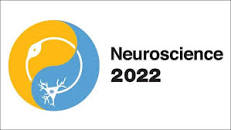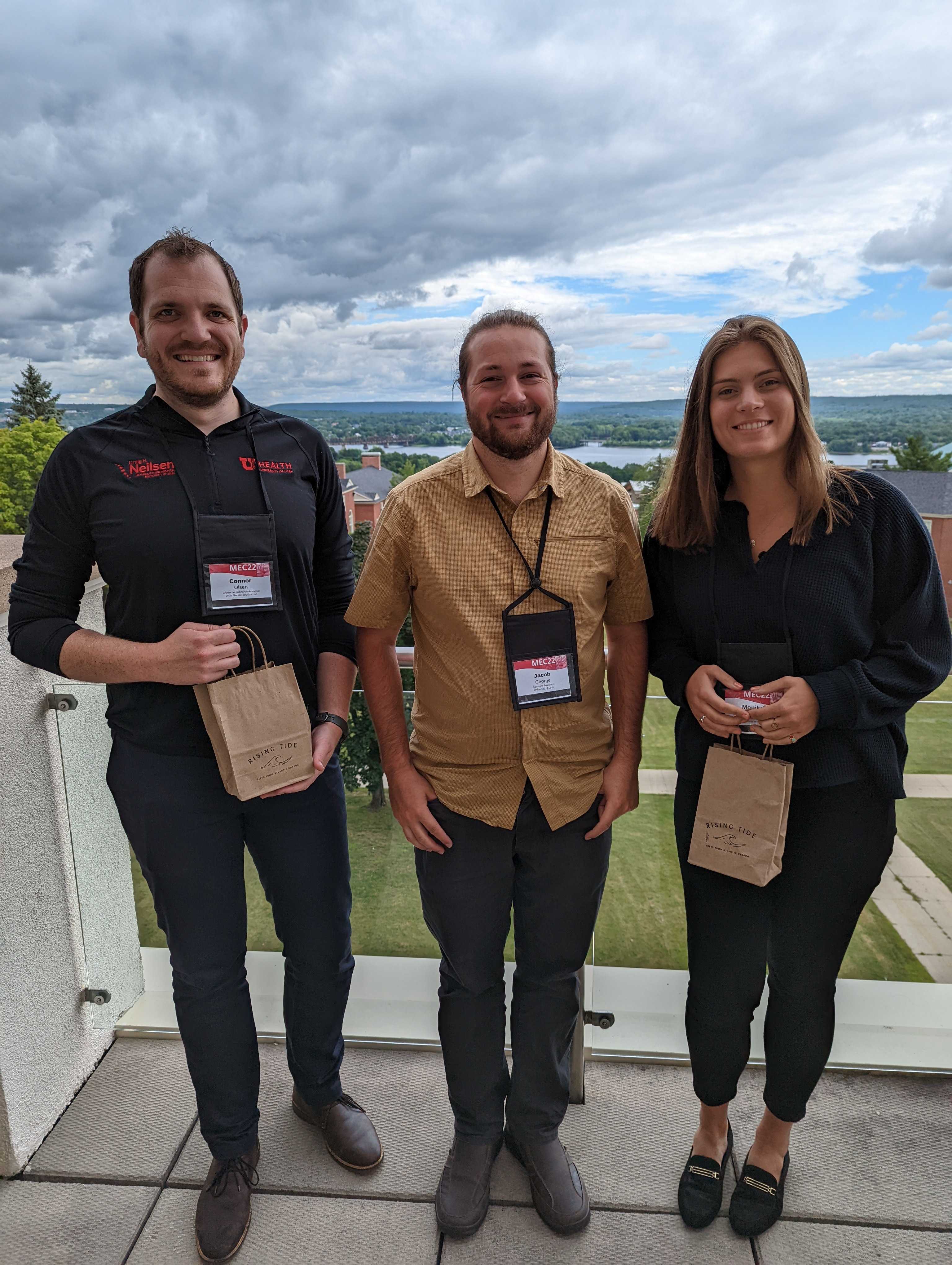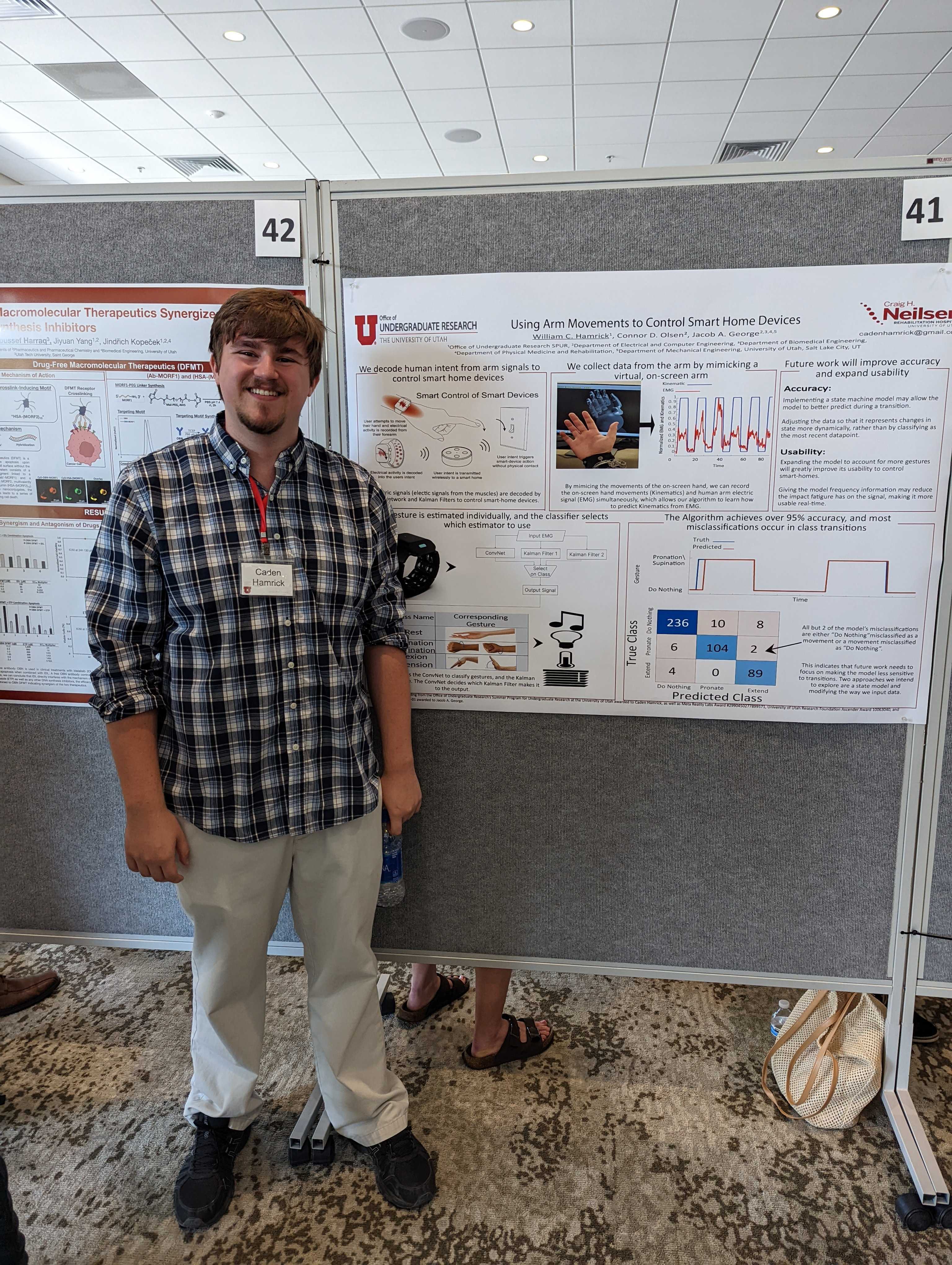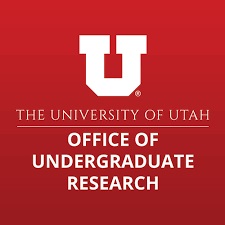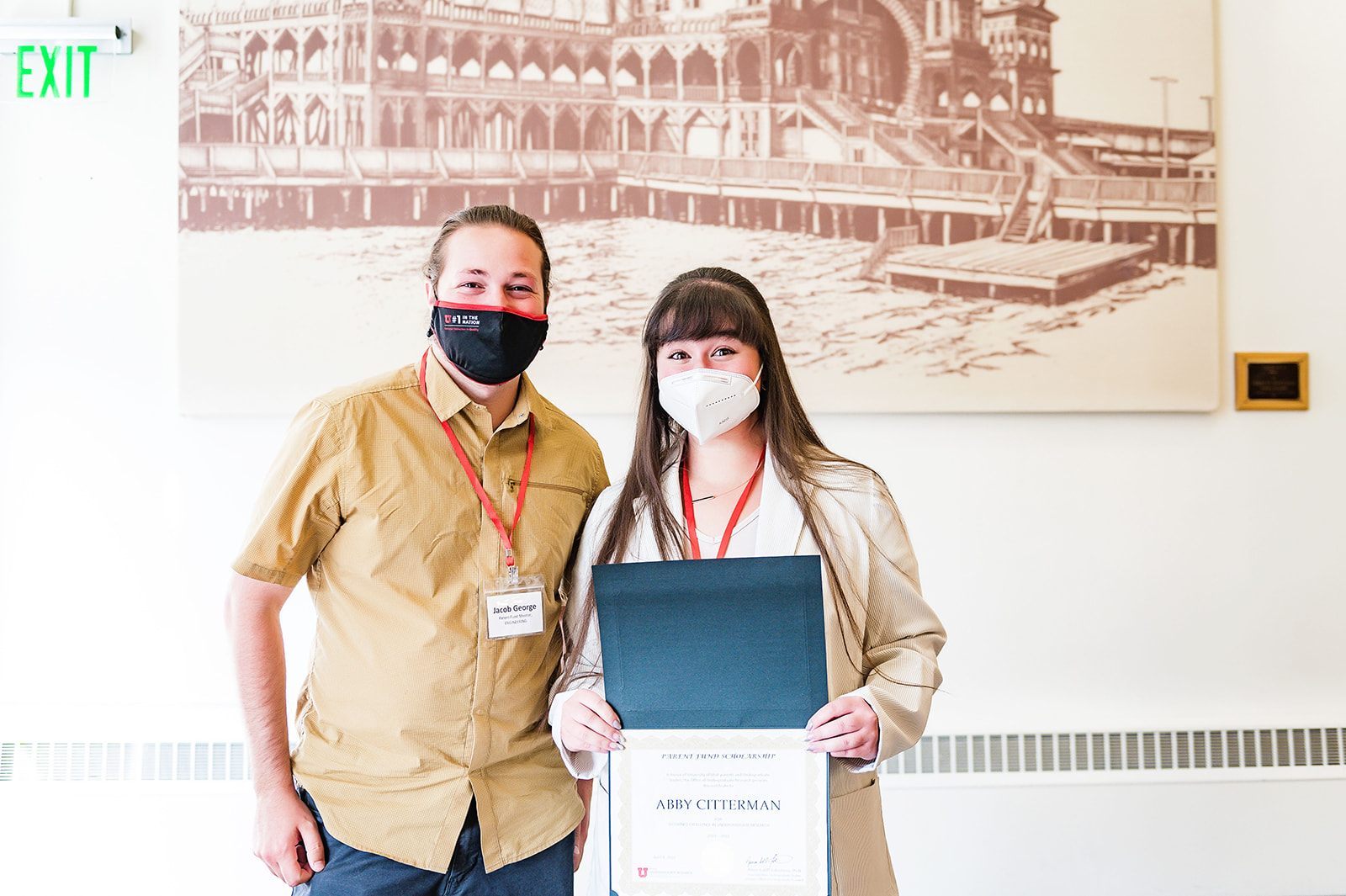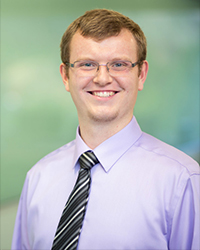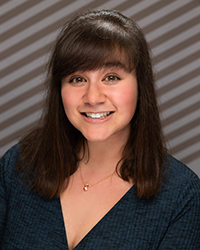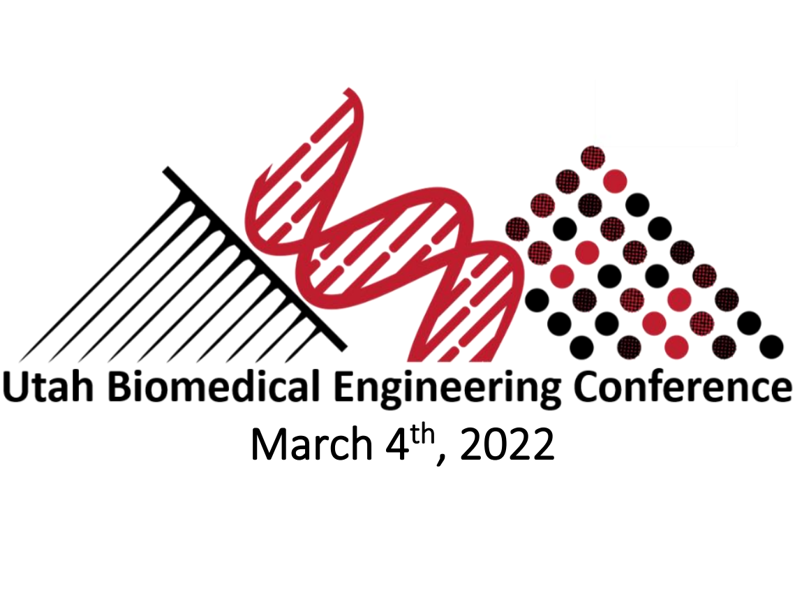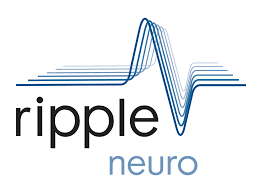Congratulations to Caleb Thomson on being selected as a recipient of the Trainee Professional Development Award (TPDA) by the Society for Neuroscience (SfN). This prestigious award recognizes trainee researchers who have demonstrated scientific merit and excellence in research. As part of the award, Caleb will receive complimentary registration to the SfN 2022 Annual Meeting and $1,000 to help with travel costs to the conference. Additionally, Caleb will present his poster in a session with other awardees, attend at least two Professional Development Workshops, and access the TPDA online community for the next year.
At SfN, Caleb will present his work on improving myoelectric control for assistive robotic devices and inclusive virtual reality experiences.

